
When The Body Is Hungry Or Fasting It Starts A Process Called Autophagy Which Begins To Regenerate The Immune System
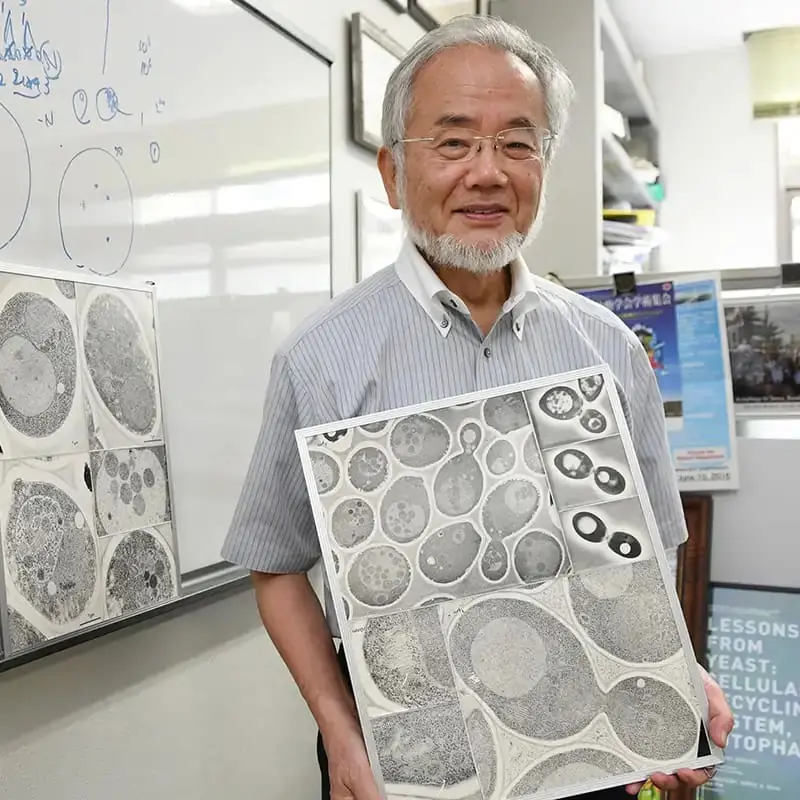
Understanding the Body’s Natural Detox Mechanism
Imagine a home that never undergoes cleaning. Over time, dust accumulates, broken furniture clutters space, and old appliances continue to drain energy. Similarly, our bodies collect cellular debris daily—damaged proteins, dysfunctional organelles, and old immune cells. Without proper clearance, this buildup can accelerate aging, cause inflammation, and lead to chronic diseases.
Fortunately, the body has an inbuilt mechanism to combat this: autophagy, a self-cleaning process that acts as an internal detox system. When the body enters a fasting state, it triggers autophagy, allowing it to break down and recycle damaged components, promoting cellular repair and regeneration. Research suggests that this process does more than just remove cellular waste—it also reboots the immune system, enhancing its efficiency and resilience.
What is Autophagy?
Autophagy, derived from the Greek words auto (self) and phagy (eating), is the body’s natural process of cleansing, recycling, and rejuvenation at the cellular level. It helps cells maintain efficiency by breaking down damaged proteins and dysfunctional organelles. Without autophagy, aged and malfunctioning cells accumulate, leading to inflammation, immune system dysfunction, and increased susceptibility to diseases.
This process is particularly significant for immune system regeneration and longevity. When activated, autophagy eliminates old and ineffective immune cells, prompting the production of new, more efficient ones. This renewal helps the body fight infections, reduce autoimmune risks, and slow down aging-related diseases. Essentially, autophagy functions as a reset button for the immune system, making it more adaptive and effective.
Autophagy occurs at a minimal level under normal conditions but significantly increases during periods of nutrient deprivation, such as fasting. When food intake is limited, the body seeks alternative energy sources by recycling unnecessary or defective cellular components. Beyond fasting, other lifestyle factors such as exercise, specific dietary habits, and exposure to controlled stressors (like heat or cold therapy) can also stimulate autophagy.
The Science Behind Autophagy and Fasting
At first glance, fasting might appear to be just a temporary abstention from food, but on a cellular level, it triggers profound biological changes. When deprived of external energy sources, the body shifts from a growth mode to a repair and survival mode, prioritizing cellular maintenance over expansion. This metabolic switch is crucial for activating autophagy, allowing the body to cleanse itself at a cellular level.
Under normal conditions, the body operates under the influence of mTOR (mechanistic target of rapamycin), a pathway that promotes growth, cell proliferation, and protein synthesis. However, when fasting begins, mTOR activity is suppressed, signaling cells to halt growth and focus on removing waste. At the same time, another energy-regulating enzyme, AMPK (AMP-activated protein kinase), becomes activated, prompting cells to break down old, damaged proteins and dysfunctional organelles for energy.
Another major player in this process is sirtuins, often referred to as “longevity genes.” These proteins regulate stress responses and DNA repair, and their activity significantly increases during fasting. Research suggests that sirtuins not only enhance autophagy but also provide protection against age-related diseases like Alzheimer’s and Parkinson’s.
From an immune system perspective, autophagy is particularly significant. During extended fasting (48–72 hours), studies indicate that the body destroys old and ineffective white blood cells, and upon refeeding, stimulates the production of fresh ones from hematopoietic stem cells. This immune system renewal enhances the body’s ability to fight infections and diseases. Research from the University of Southern California suggests that prolonged fasting can also reduce immune suppression caused by chemotherapy, offering potential therapeutic benefits for cancer patients.
Autophagy’s Role in Immune System Regeneration
The immune system is constantly working to detect threats, fight infections, and repair damaged tissues. However, over time, inefficiencies accumulate due to aging, stress, and poor lifestyle choices. Autophagy functions as both a repair mechanism and a full-scale immune system reset.
One of the most groundbreaking discoveries is autophagy’s ability to eliminate old or malfunctioning white blood cells and stimulate the production of new ones. During prolonged fasting (48 to 72 hours), the body enters a deep-cleansing state, selectively breaking down immune cells that are no longer functioning optimally. These inefficient cells are then replaced with fresh white blood cells when food is reintroduced.
A study from the University of Southern California found that extended fasting significantly reduces circulating white blood cells, forcing the body into conservation mode. However, once fasting ends and nutrients are reintroduced, hematopoietic stem cells in the bone marrow are activated, generating new, stronger immune cells. This effect has major implications for individuals with weakened immune systems, such as those undergoing chemotherapy, people with autoimmune conditions, and the elderly.
In addition to immune cell regeneration, autophagy plays a critical role in reducing chronic inflammation. Inflammation is a natural immune response, but when it becomes chronic, it contributes to conditions like rheumatoid arthritis, lupus, and metabolic disorders. By clearing out damaged cells and proteins that trigger inflammation, autophagy helps restore immune balance while keeping the body’s defenses sharp.
How to Activate Autophagy Naturally
Activating autophagy doesn’t require complex interventions—it simply involves creating the right conditions for your body to transition from a growth mode to a repair mode. Since autophagy is triggered by nutrient deprivation and metabolic stress, the most effective ways to induce it revolve around fasting, dietary choices, and lifestyle practices.
1. Intermittent Fasting and Prolonged Fasting
-
Intermittent fasting (16:8, 18:6, OMAD) – Fasting for 16-18 hours initiates autophagy, especially when combined with a low-carb diet. The one-meal-a-day (OMAD) approach, where one eats within a 1-hour window, can further enhance the process.
-
Prolonged fasting (48-72 hours) – Extended fasting fully resets the immune system by regenerating white blood cells and improving immune function. However, extended fasts should be done with caution and under medical supervision.
2. Low-Carb and Ketogenic Diets
A low-carb, high-fat diet can help sustain autophagy even outside fasting periods by keeping insulin and glucose levels low. The ketogenic diet mimics the effects of fasting by encouraging the body to rely on stored fat for energy.
3. High-Intensity Exercise and Strength Training
-
Cardio & HIIT (high-intensity interval training) – Intense workouts create oxygen deficits that stimulate autophagy and mitochondrial renewal.
-
Strength training – Lifting weights helps break down old muscle fibers, promoting the regeneration of stronger ones.
-
Fasted workouts – Exercising in a fasted state further enhances autophagy by depleting glycogen stores.
4. Cold Exposure and Heat Therapy
-
Cold showers and ice baths increase norepinephrine levels, boosting autophagy and immune function.
-
Saunas and heat therapy elevate heat shock proteins, which repair damaged proteins and improve cellular resilience.
5. Polyphenols and Natural Compounds
-
Resveratrol (red grapes, wine) – Activates sirtuins, which enhance autophagy and longevity.
-
Spermidine (found in aged cheese, mushrooms, soybeans) – Triggers autophagy and has been linked to increased lifespan.
-
Green tea and coffee – Contain polyphenols that inhibit mTOR and promote autophagy.
-
Curcumin (turmeric) – Has anti-inflammatory properties and enhances cellular repair.
Conclusion
Autophagy is a powerful mechanism that rejuvenates the immune system, slows aging, and protects against disease. By incorporating fasting, proper nutrition, and lifestyle habits, you can harness this natural process to optimize your health and longevity.
News in the same category


If Your Kidneys Are in Danger, Your Body Will Send You These 8 Signals — Don’t Ignore Them

The Surprising Effects of Avocado on Your Heart and Brain

Natural Remedy for Cataracts and Eye Inflammation: Restore Your Vision Naturally

Unlock the Golden Magic of Corn Silk Tea
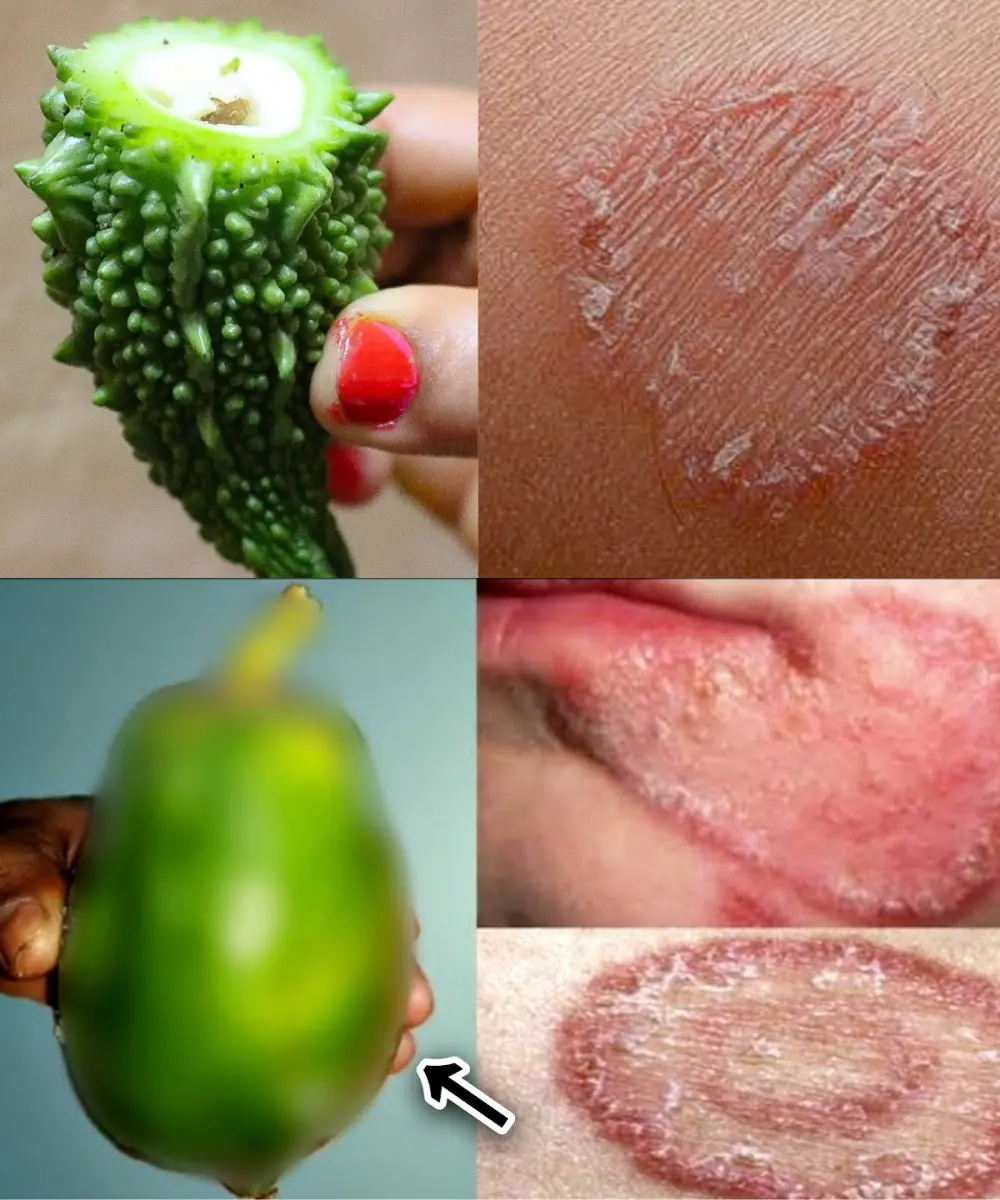
9 Powerful Home Remedies to Get Rid of Fungal Infection (Daad, Khaj, Khujli) Fast
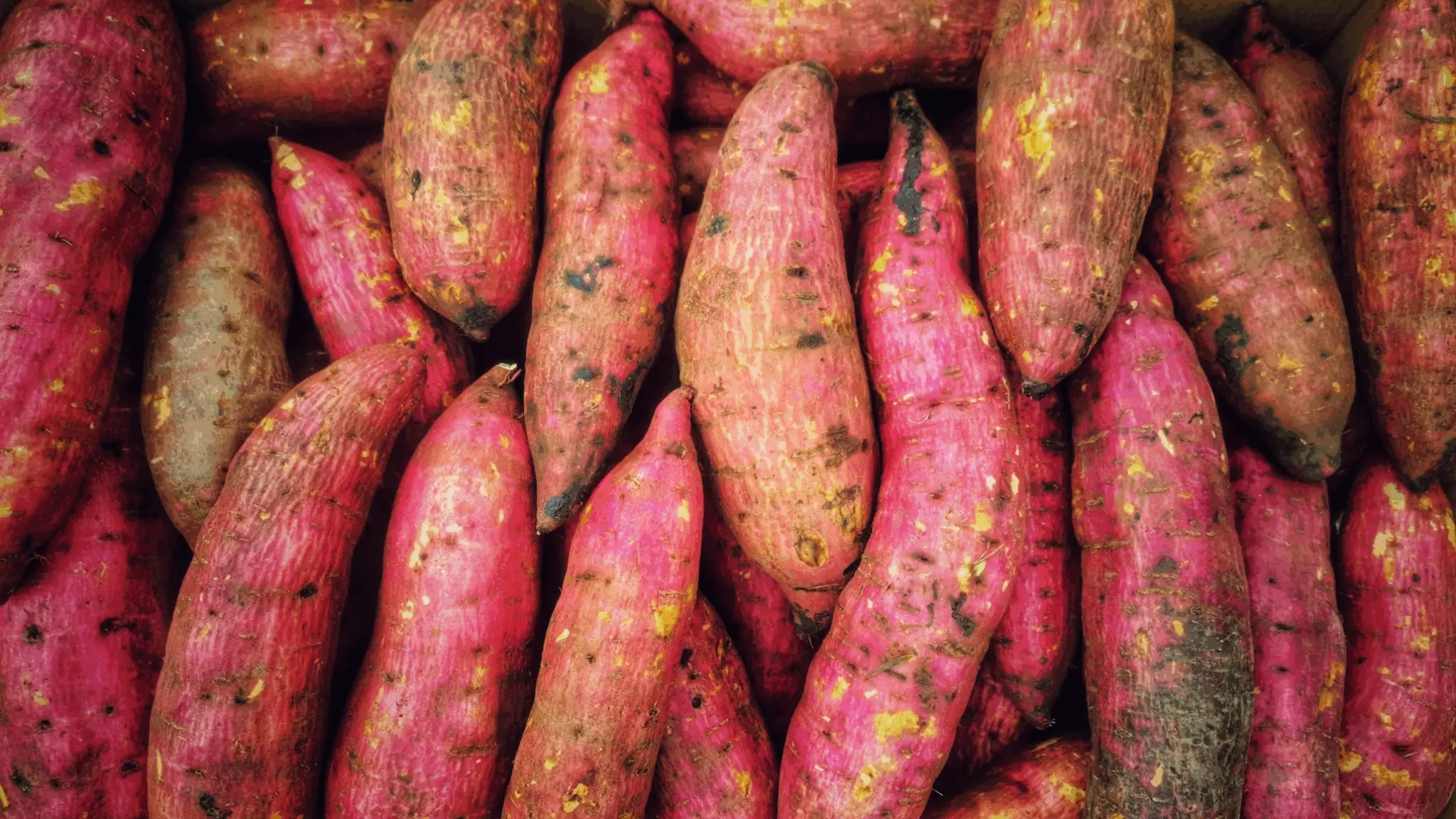
7 Shocking Health Benefits Of Eating Sweet Potatoes Every Day — According To Science

About 15 Minutes Before a Stroke, the Body Often Sends 4 Clear Warning Signs — Call Your Loved Ones Immediately
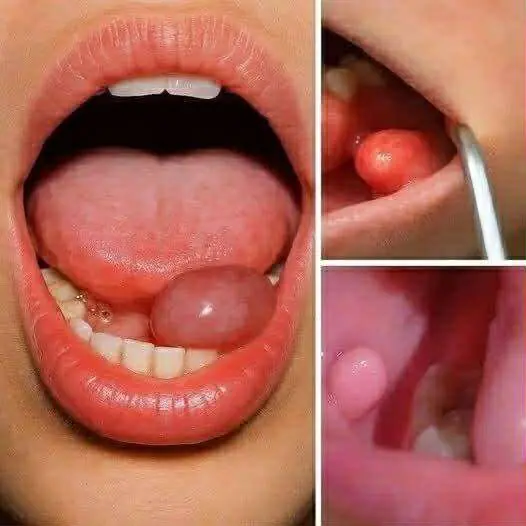
Hidden Dangers in Your Mouth: Early Signs of Oral Cancer

The Secret Power Of The Herb That Helps You Age Gracefully

The Unexpected Benefits of Eating Chicken Feet

If You See Someone with “Blue Veins,” Tell Them This — It Could Save Their Life
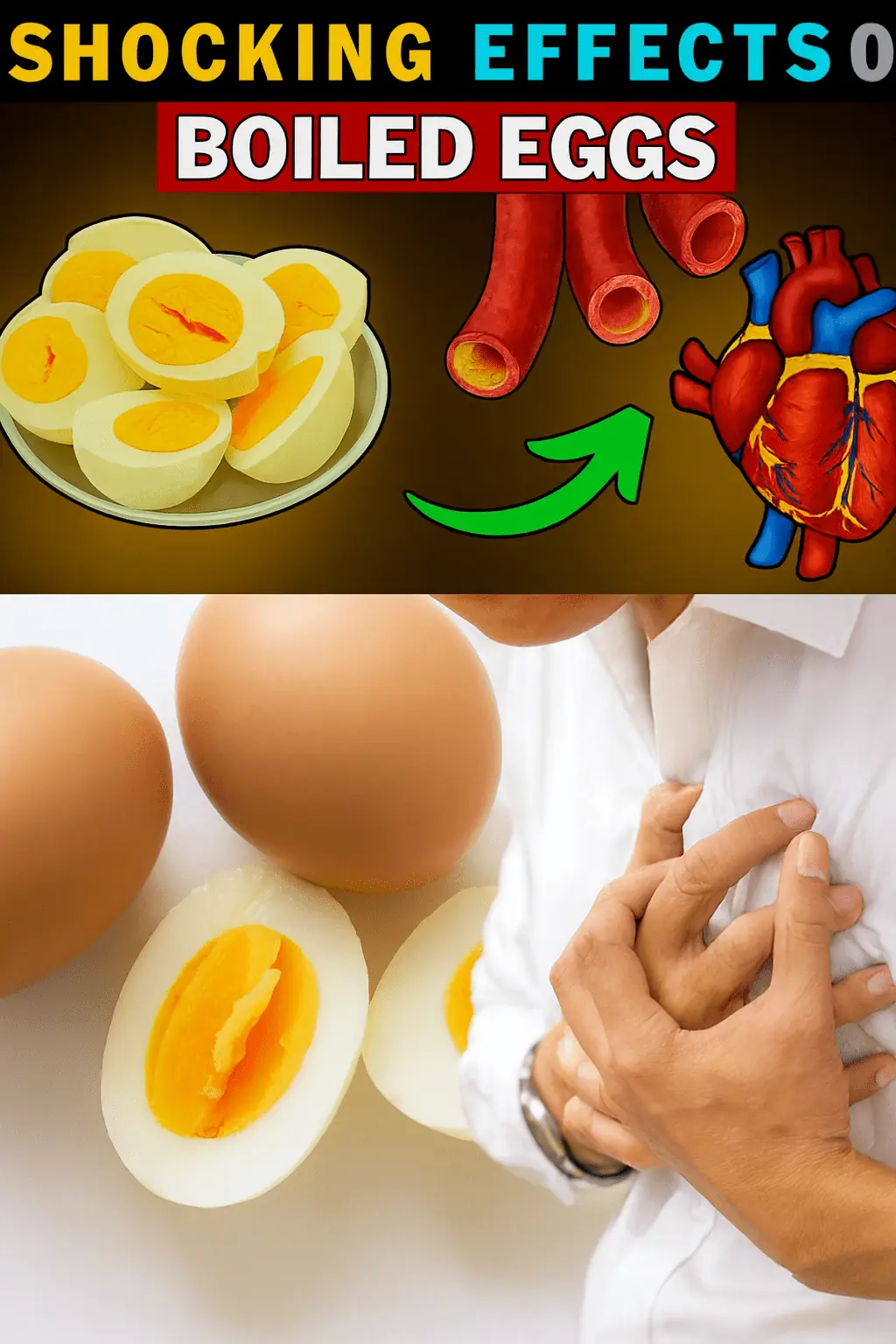
The Secret Power of Two Eggs a Day: Could This Simple Habit Transform Your Health? Buy vitamins and supplements

Man Passed Away After Eating Eggs — Stop Eating Eggs This Way Immediately
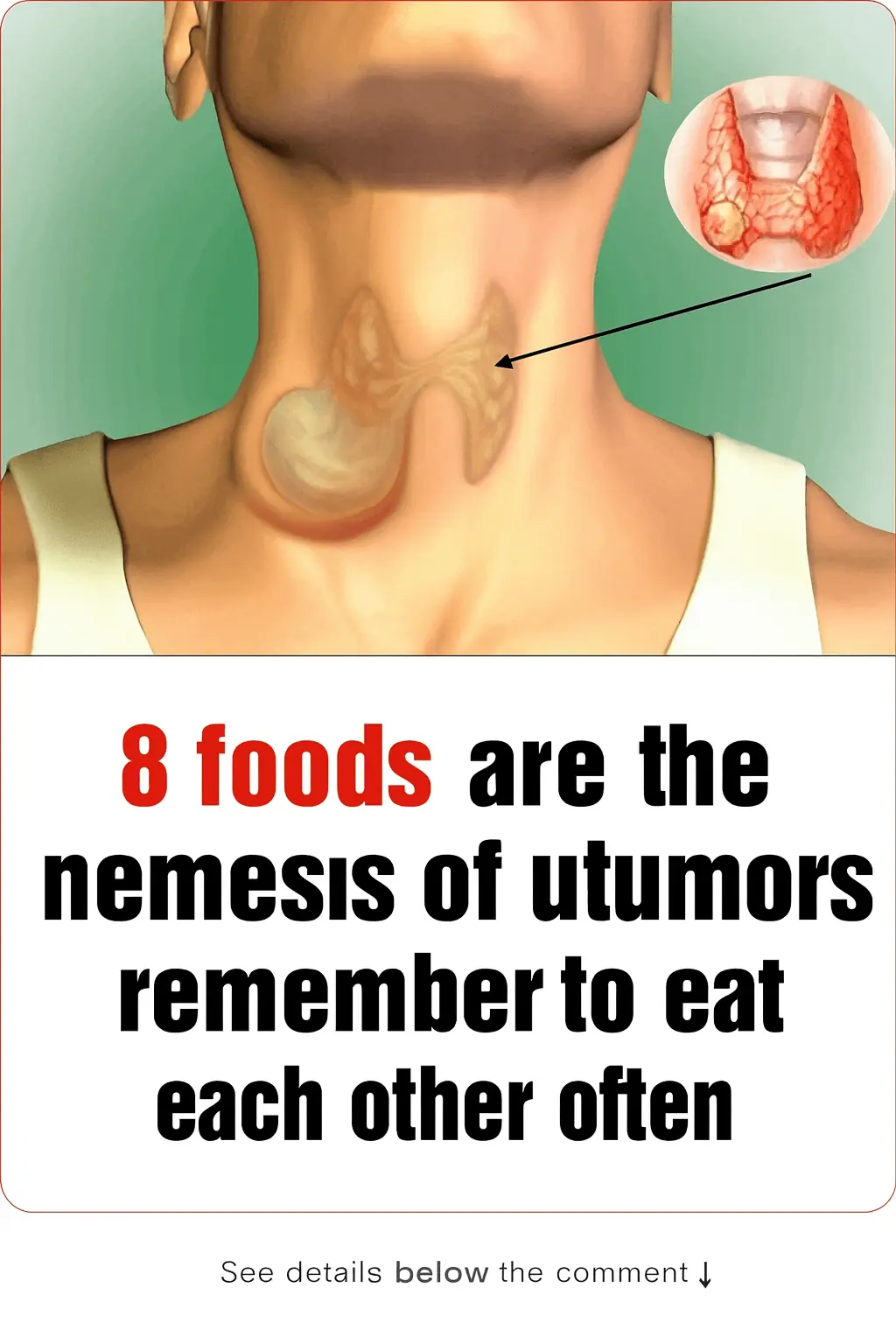
8 Foods That Fight Tumors — Eat Them Regularly
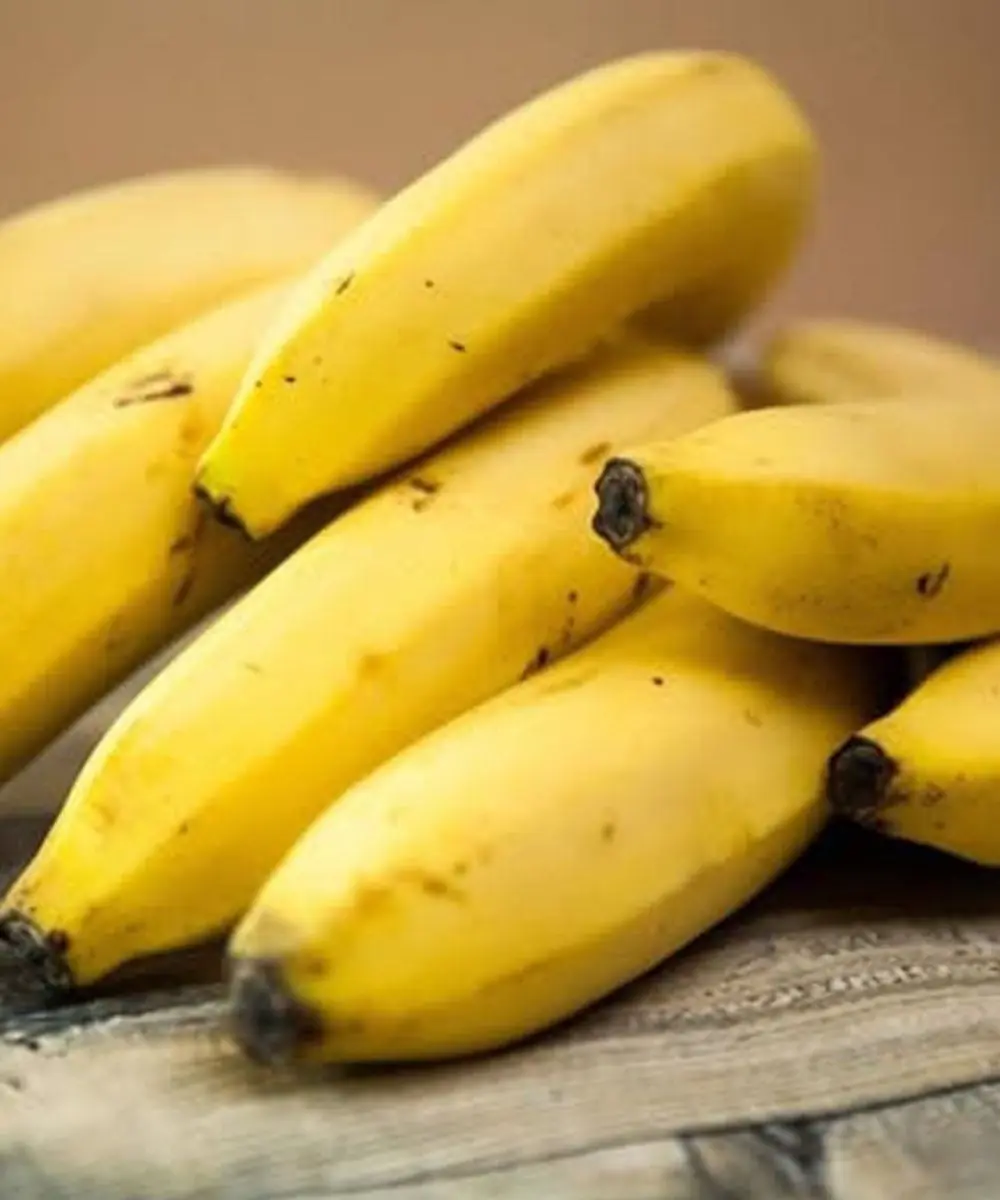
Does Eating Bananas Before Bed Have Any Benefits?

The Tongue as a Health Indicator: Meaning of a Whitish Color
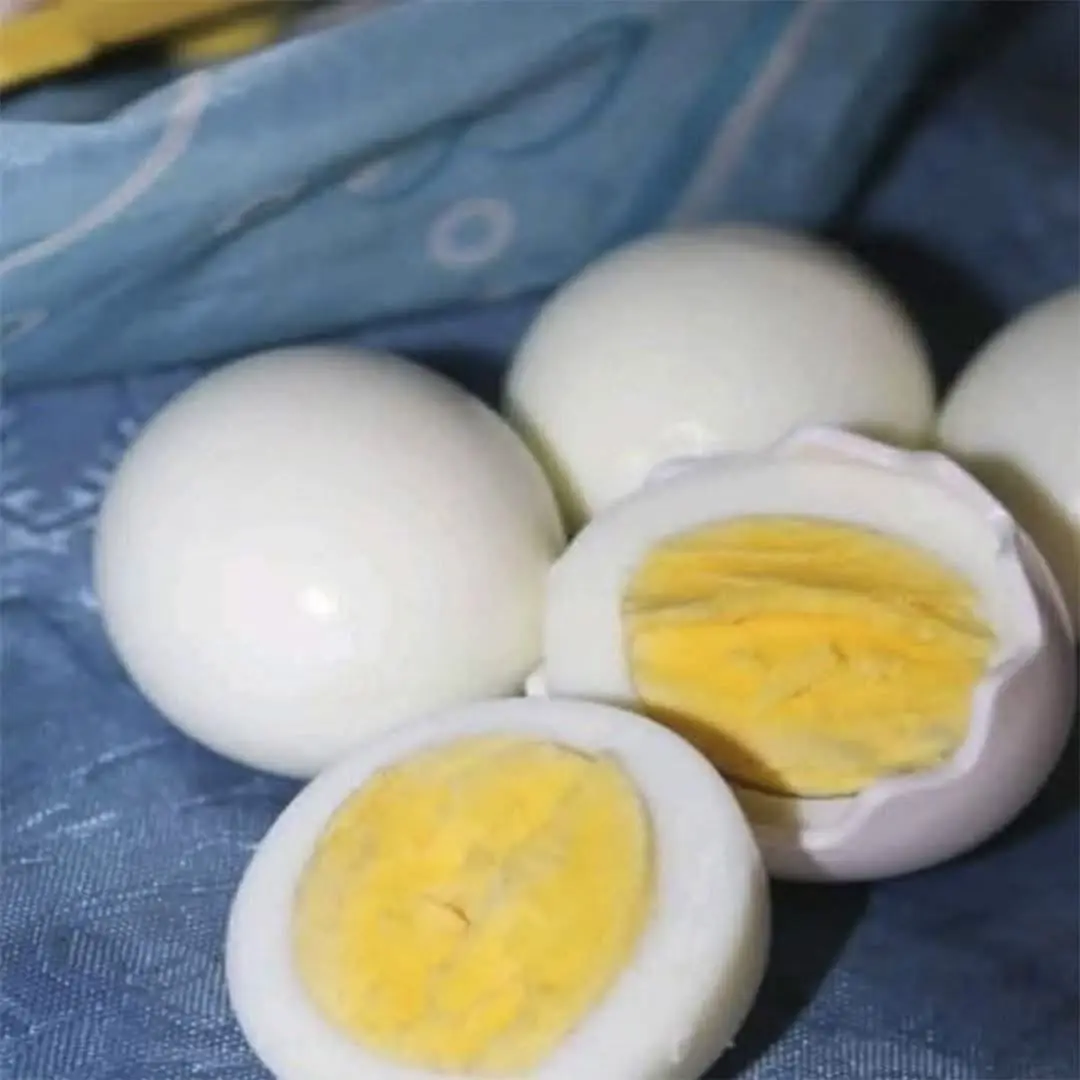
Benefits of Boiled Eggs: Nutrition and Healthy Recipes
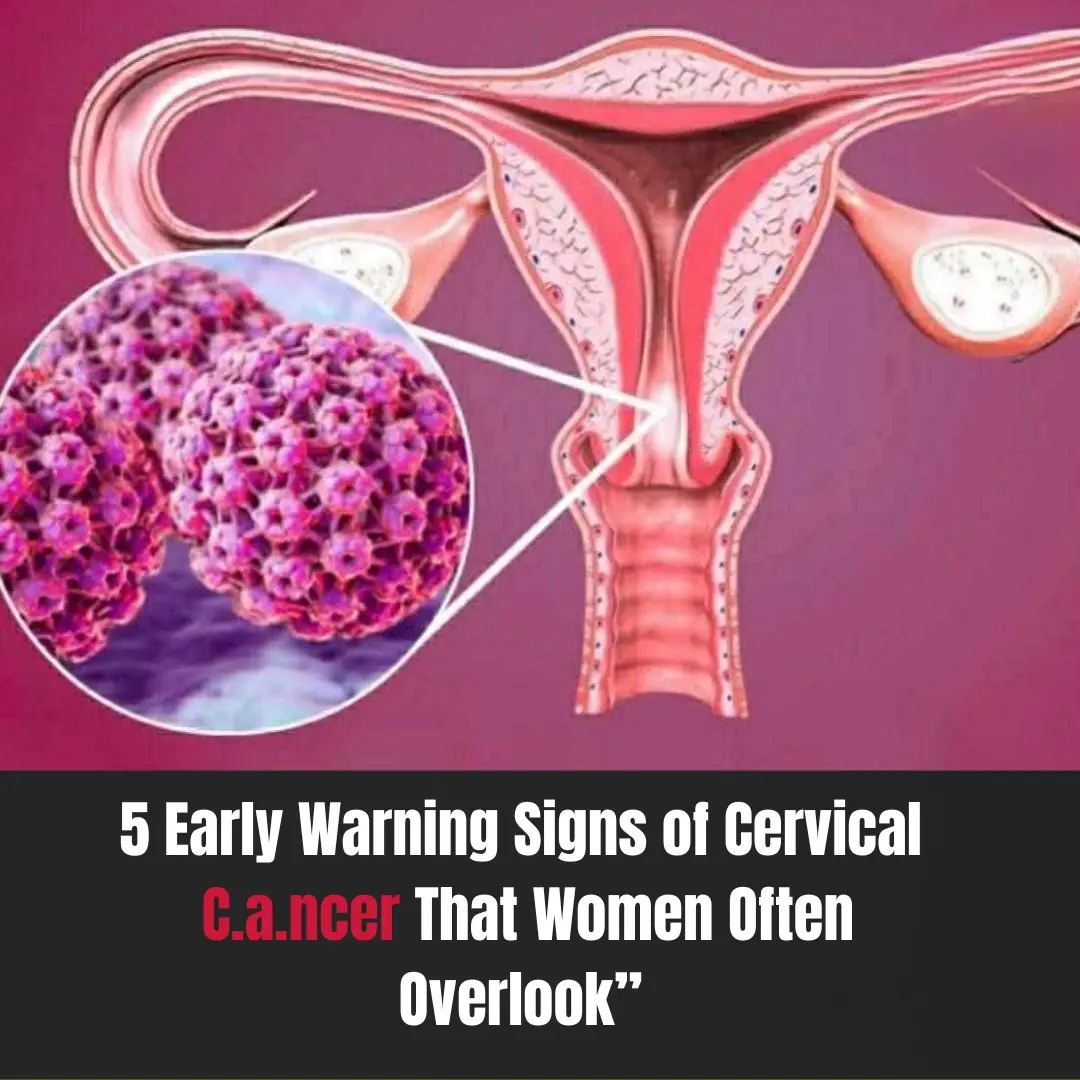
5 early warning signs of cervical cancer

7 Innocent Mistakes That Get Your Kidneys in Big Trouble
News Post

WHAT HAPPENS WHEN WE TONGUE KISS…See more

Nature’s Secret: 4 Healing Leaves That Support Metabolism, Immunity & Circulation Naturally

Don’t Drink Coconut Water Before You Know These 11 Secrets!

Pumpkin Seed Milk — The Natural Parasite Cleanser

Fast Rice Water Trick for a Brighter Smile

Morning Drink to Revive Your Kidneys Fast

The Onion Recipe That Could Transform Your Blood Sugar, Support Cleaner Arteries, and Protect Your Heart!

Top 4 Fruits That Help Your Kidneys Flush Out Toxins While You Sleep

Ginger, Clove, and Honey: The Natural Trio Your Body Will Thank You For

Heal 15 Years of Joint Pain Naturally with Turmeric and Honey Tea

This Juice Revived My Grandma’s Energy — Say Goodbye to Fatigue and Body Pain with This Natural Recipe

The Benefits of Eating 2 Boiled Eggs Every Morning: Transform Your Health!

If Your Kidneys Are in Danger, Your Body Will Send You These 8 Signals — Don’t Ignore Them

The Surprising Effects of Avocado on Your Heart and Brain

Ways to Get Over a Man Who Didn’t Value You

I’m 66 but Look 36 — My Secret? Aloe Vera & Ginger for Firm, Smooth Skin

How to Make Okra Water to Treat 17 Health Problems Naturally

Banana and Egg Mask to Look Younger Even in Your 80s

Scent Leaf Secrets Unveiled: 10 Surprising Health Benefits of This Miracle Herb
